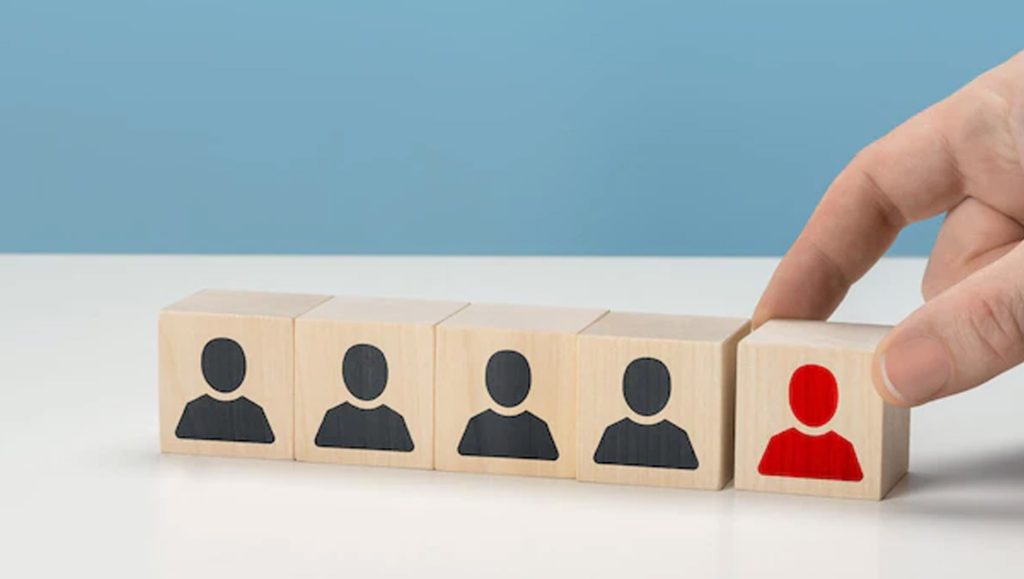Four B2B Brand “Superpowers” Hold the Key to Unlocking the Ultimate B2B Buyer Journey
Merkle, a leading technology-enabled, data-driven customer experience management (CXM) company, has released its new e-book titled “Architecting the Ultimate B2B Experience: The Four Brand Superpowers that Make It Happen.” Drawing from interviews with business-to-business (B2B) buyers and decision-making influencers across nine countries, the e-book analyzes the key factors driving the expectations of B2C-like experiences in B2B interactions.
The report is the result of a study conducted in partnership with B2B International, which explores the views of 3,094 respondents across four industries: financial services, manufactured goods, professional services, and technology solutions. It includes 14 pages of insights to help marketers understand how B2C experiences have influenced B2B buyer expectations, how brands can best connect and engage with their audiences at key moments in the buyer journey, and implications for businesses.
Read More: Three Practices to Keep in Mind when Analyzing Marketing and Sales Intelligence Data
“New technologies and changing online preferences are leading to a rising tide of expectations among B2B decision makers; yet, according to our empirical study, B2B companies still lack the risk appetite of their B2C counterparts when seeking to meet customer needs,” said Michael McLaren, CEO of Merkle B2B. “At Merkle, we’ve long known that B2B brand experiences need to both engage and delight in order to make an impact. B2B International’s research crystalizes this point – B2B buyers expect brand experiences to resonate on both an emotional and personal level.”
To address the dynamic needs of today’s customers, the new report identifies and defines four overriding Superpowers that together have the potential to deliver the ultimate B2B experience and create added value for customers that surpasses expectations.
Read More: The Power of AI in Digital Retail Sales
The B2B Superpowers are organized into two groups, based on the type of value they add.
The Four B2B Brand Superpowers Are (in order of increasing complexity):
Business Value-Adds:
Reliability determines whether the brand is one that can be trusted and relied upon.
Understanding refers to the tailoring, adaptability, service, and anticipation of business needs.
Personal Value-Adds:
Enrichment acknowledges the individual’s need for belonging, connectedness, and recognition.
Pre-Eminence: suggests modernity, sophistication, and notoriety within its field.
Nick Hague, head of growth at B2B International said, “B2B decision making is more complex than ever before. This study allows us to show you what matters at the moments that matter the most along the buyer journey. We can clearly identify the key actions your company needs to meet in order to add value and fuel your global strategic processes and business growth in the future.”
Conducted in the midst of the worldwide pandemic, this study represents the largest survey of B2B buyers ever undertaken by B2B International, a leading B2B market research firm, and gyro, the global B2B leader in strategy and humanly relevant creative. Both are part of Merkle B2B, a collective of five world-class B2B agencies offering end-to-end customer experiences.
Additional Findings Include:
- Businesses that architect the ultimate B2B customer experience are usually tech firms. 7 out of the top 10 highest performing brands studied were technology or fintech brands.
- Across all industries and company sizes, very senior decision-makers are chronically underserved. Generally, B2B brands are able to differentiate themselves on 5 out of the 12 “personal” value-add attributes tested. However, this falls to just 1 of the 12 for the most senior decision-makers.
- Millennial customers are notably ruthless at key moments in the journey. Millennial and Gen-Z customers reject a larger proportion of brands than older cohorts before even contacting them (70% for Gen Z and millennial vs. 58% for older respondents). Decision makers and users under 30 are also much harsher critics, giving markedly lower net promoter scores (NPS) to B2B brands: The NPS average for those under 30 is +23 vs. +33 for older age groups.





















